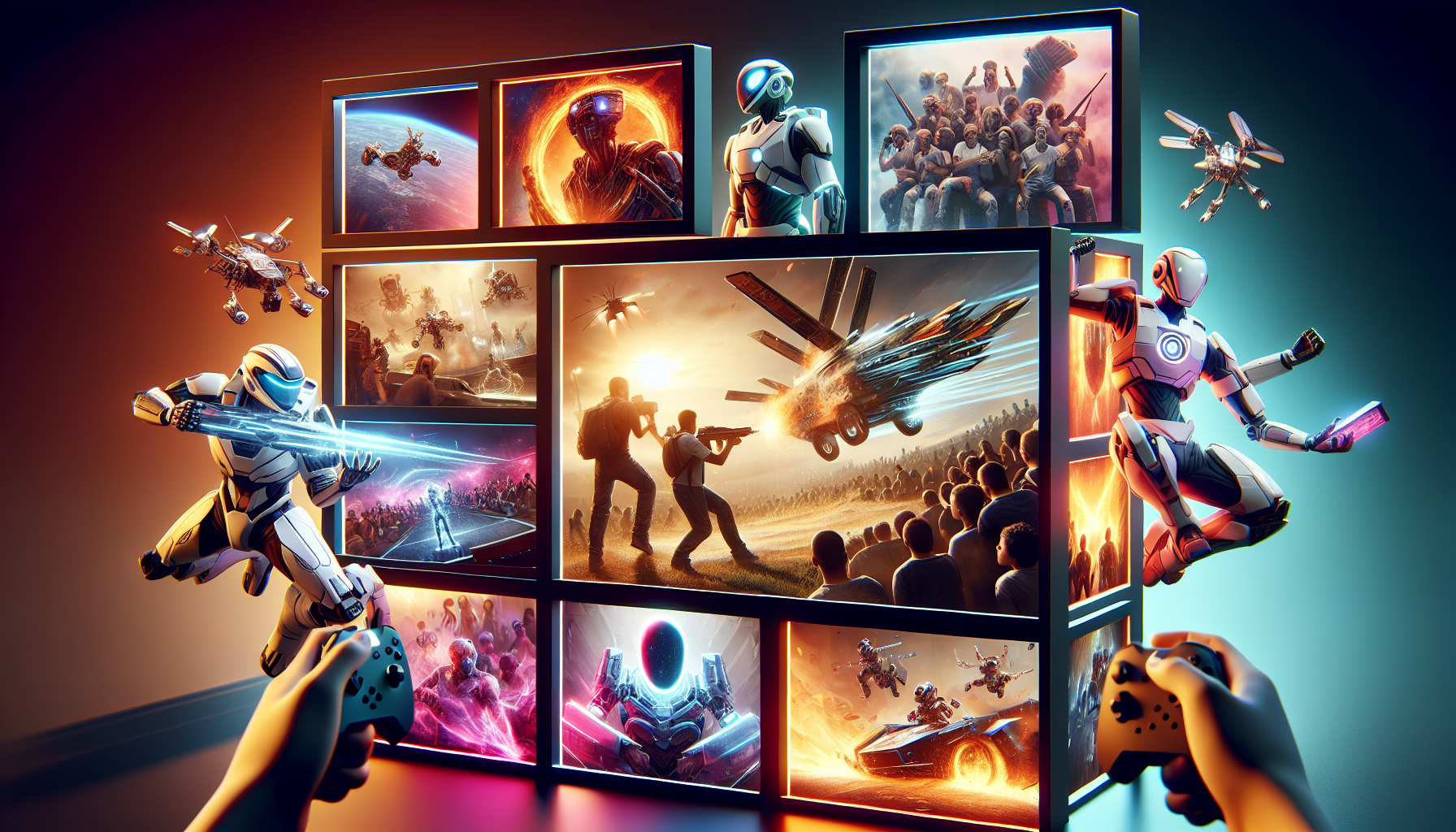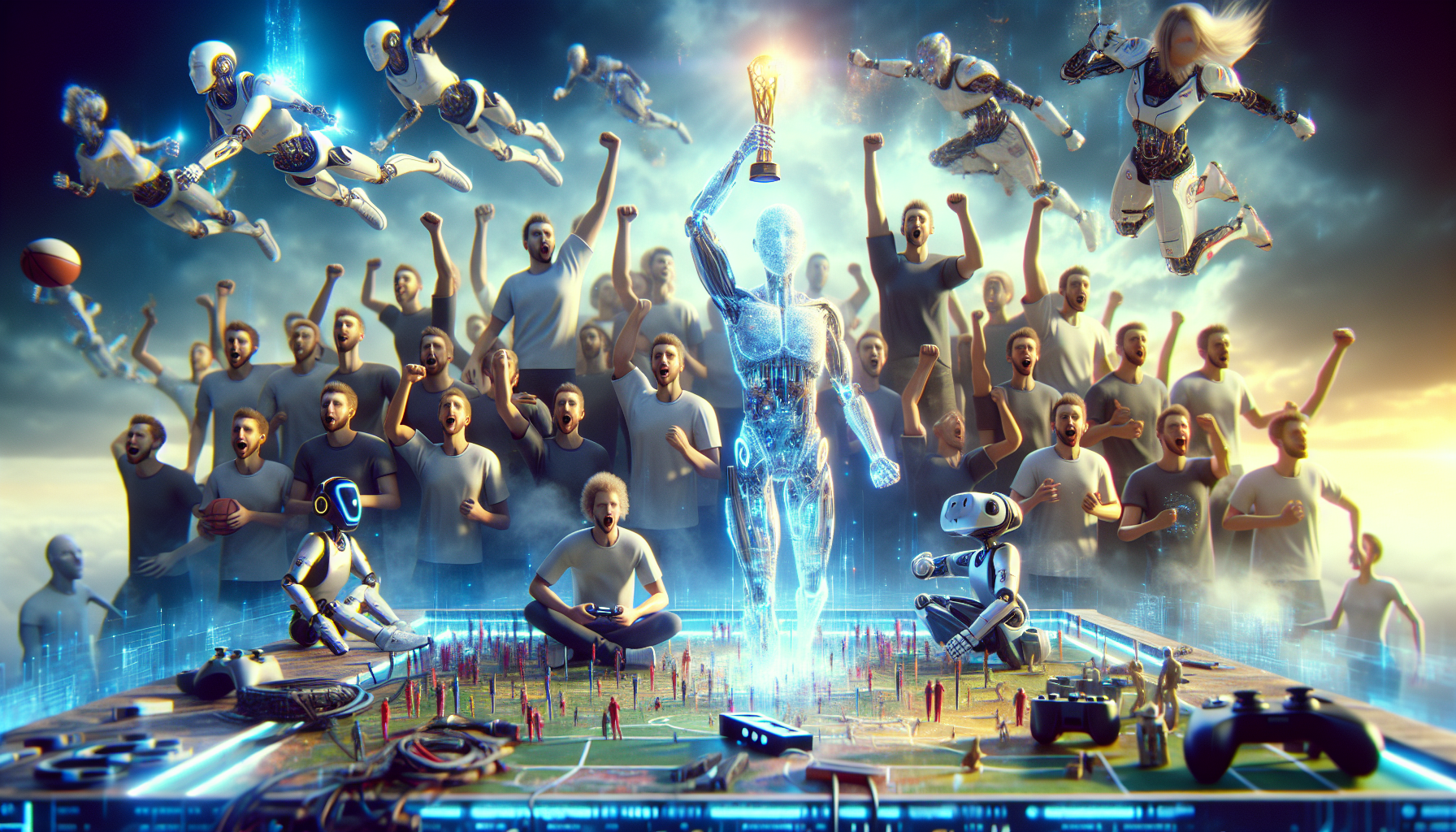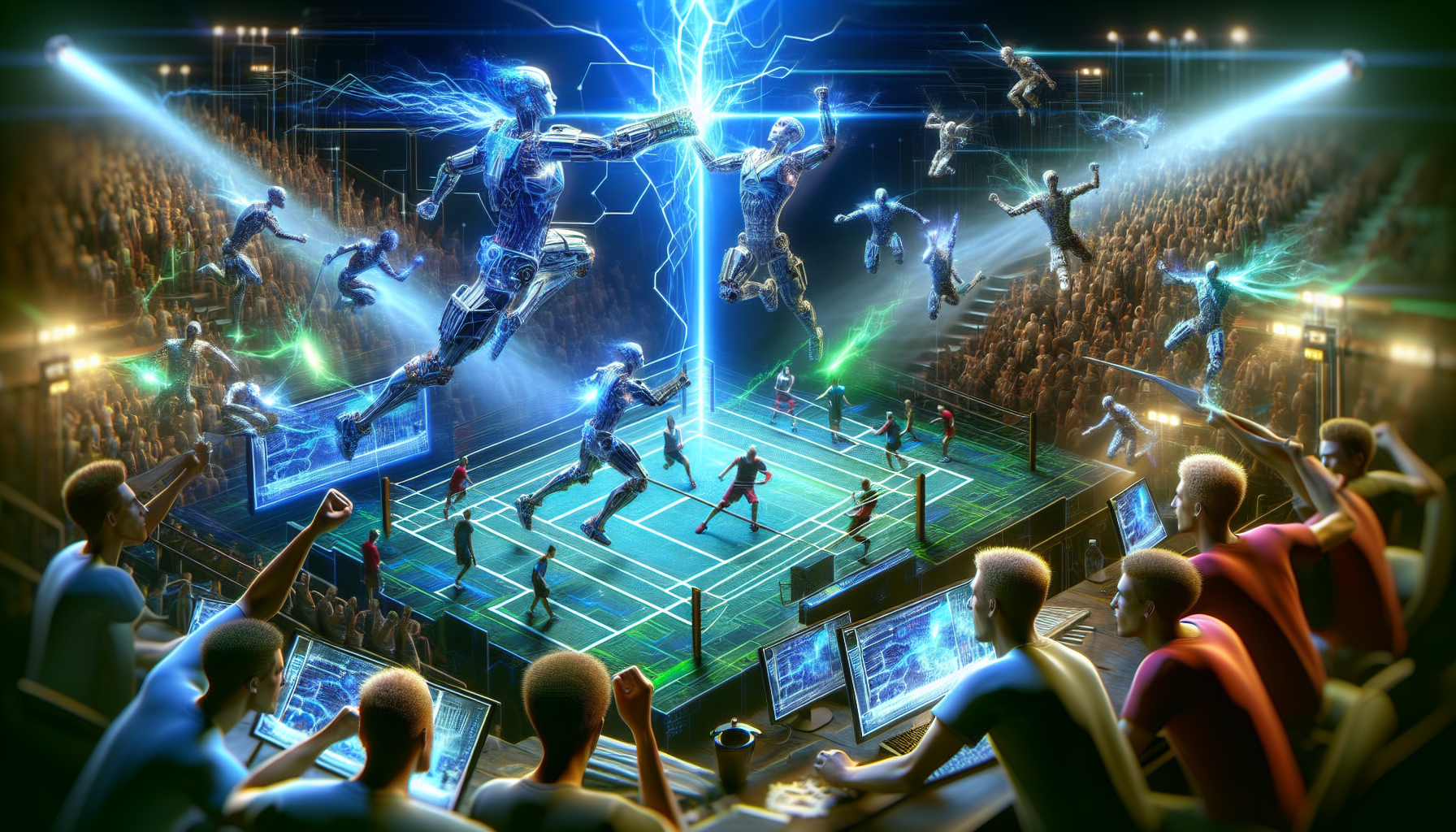The dawn of supercomputers and the chess challenge
The era of supercomputers is no longer a distant futuristic vision, but a tangible reality that is revolutionizing various sectors, including strategy games like chess. These machines with phenomenal computing power offer an ideal playground for exploring the frontiers of artificial intelligence and taking up the chess challenge by asking the fundamental question:
What is the real potential of supercomputers when applied to the game of chess, which has always been a standard measure of intelligence and strategy?
The evolution of supercomputers in the field of chess
In the 1950s, the design of the first chess programs was already revealing the potential of computers. But it is the arrival of supercomputers like Deep Blue ofIBM which truly materialized the role of these exceptional machines. In 1997, Deep Blue challenged world champion Garry Kasparov and won the match, highlighting the power of computers at the time.
Since then, technological evolution has continued at exponential speed, introducing ever more sophisticated algorithms and ever greater processing power.
Computing power at the service of chess strategy
Today’s supercomputers are equipped with multi-core processors, highly specialized graphics cards, and quantitative and qualitative storage spaces that far exceed those of the Deep Blue era.
The use of neural networks and deep learning allows them to simulate millions of games and strategies in just a few minutes, a computing power that gives machines the ability to outperform the most gifted human players .
- Calculation of several million moves in advance
- Analysis of historical chess game databases
- Ability to learn from mistakes and adapt
Deep Blue against Kasparov: a historic turning point

The confrontation that marked the world of artificial intelligence as well as that of chess took place in 1997, opposing Garry Kasparov, reigning world champion, to Deep Blue, a supercomputer developed by IBM. The event was followed with passion by millions of people and removed human invincibility in the game of chess against machines from its pedestal. This clash was not just a simple sporting competition, but a historic turning point in the understanding of the capabilities of artificial intelligence.
The context of the confrontation
In 1996, during their first meeting, Kasparov beat Deep Blue. However, IBM had made considerable improvements to its supercomputer before the 1997 rematch. The computing power of Deep Blue was then estimated at 200 million positions per second, a considerable advantage compared to human capabilities.
The challenge for AI
This match was more than just a game of chess. It was a full-scale test of the capabilities of a machine to make complex and strategic decisions in a defined environment. The victory of Deep Blue reinforced the idea that AI could perform tasks previously reserved for human intelligence, opening the door to many future applications.
The progress of the match Kasparov against Deep Blue
The match took place in six games. Kasparov won the first, but was surprised in the second by an unexpected move from Deep Blue. This episode sowed doubt in the mind of the champion, who made mistakes in the following games, contributing to his final defeat 3.5 to 2.5 in favor of Deep Blue.
AI and its impact on strategy games

The integration of AI into strategy games is not limited to providing players with more capable virtual opponents. It is reshaping the way games are designed, played and even perceived by the public. Here’s how :
– Improved virtual opponents: AI makes it possible to create non-human enemies with advanced strategic capabilities and capable of adapting in real time to player actions.
– Deep learning: modern AI systems rely on machine learning, particularly deep learning, to analyze millions of games and derive optimal strategies.
– Experience personalization: AI can adjust difficulty and play style based on the player, providing a tailored experience.
– Development of new game mechanics**: artificial intelligence allows the introduction of dynamics never seen before, thanks to its ability to manage complex systems.
Remarkable performances against human champions
AI has made spectacular advances, evidenced by the ability of some AI to beat professionals in extremely complex strategy games, as seen with Deep Blue vs Kasparov. But now here are other striking examples:
– DeepMind‘s AlphaGo: this AI made history by defeating Go world champion Lee Sedol in 2016.
– OpenAI Five: Developed by OpenAI, this AI beat professional teams in the competitive strategy game Dota 2.
These victories are not just publicity stunts but are a sign of a deeper understanding and successful implementation of AI in increasingly varied contexts.
AlphaGo and the future of artificial intelligence in games

AlphaGo as a starting point for even more advanced AI
The success ofAlphaGo is just the first step in a technological journey that goes far beyond the game of Go. Since then, DeepMind developed AlphaZero, an even more powerful version capable of learning and mastering several board games without human intervention.
AlphaZero thus beat previous versions ofAlphaGo, but also programs specialized in chess and the game of shogi. This progression towards general AI raises the question of the future of AI in multiple and varied contexts, well beyond games.
Future Perspectives and Practical Implications of AI in Games
AI innovation doesn’t stop there. The applications in the field of games are multiple and radiate towards several axes:
– Personalization and adaptation of video games to the user experience.
– Improvement of simulation games with AI capable of reproducing realistic human behaviors in strategies, diplomacy or economics.
– Use in Serious Games for educational, medical and professional training applications.
– Advances in e-sport where AIs could be used for training, but also as competitors and gaming partners.
– Increased academic research on decision-making, strategy and psychology.
The journey ofAlphaGo opened a technical and ethical Pandora’s box. The future promises even more advanced artificial intelligences, capable of evolving in complex and varied environments, revolutionizing not only the field of gaming, but also the way in which we interact with machines. The story ofAlphaGo is just the beginning of a long series of adventures where AI will transform games and, potentially, our society as a whole.

Leave a Reply